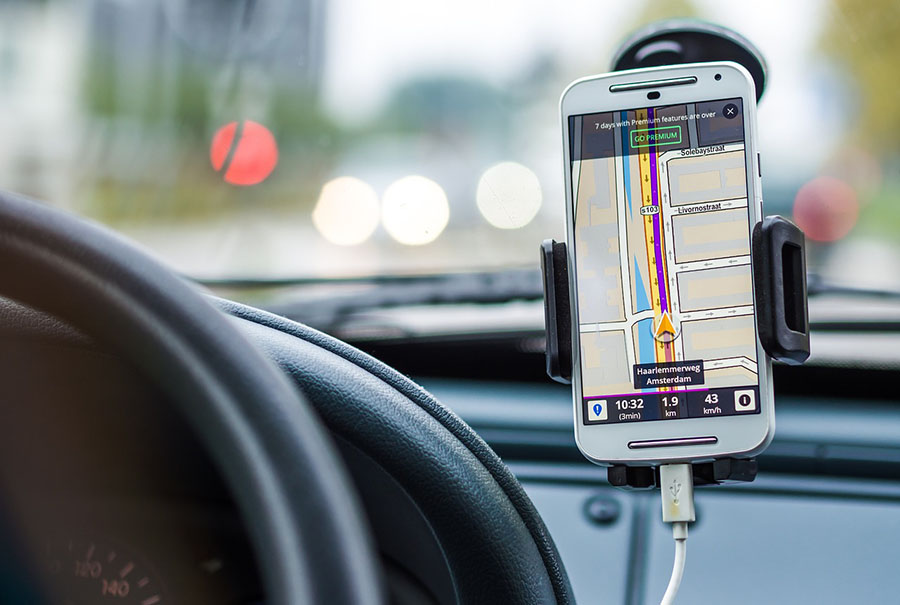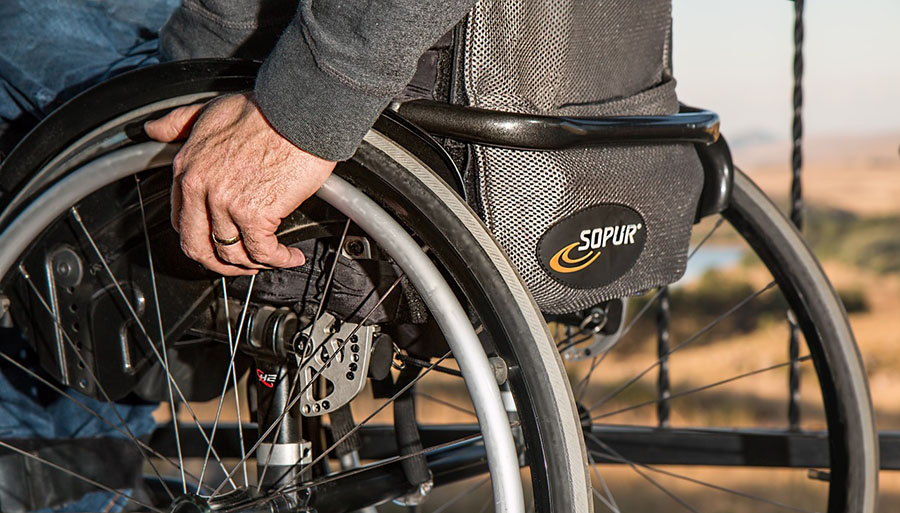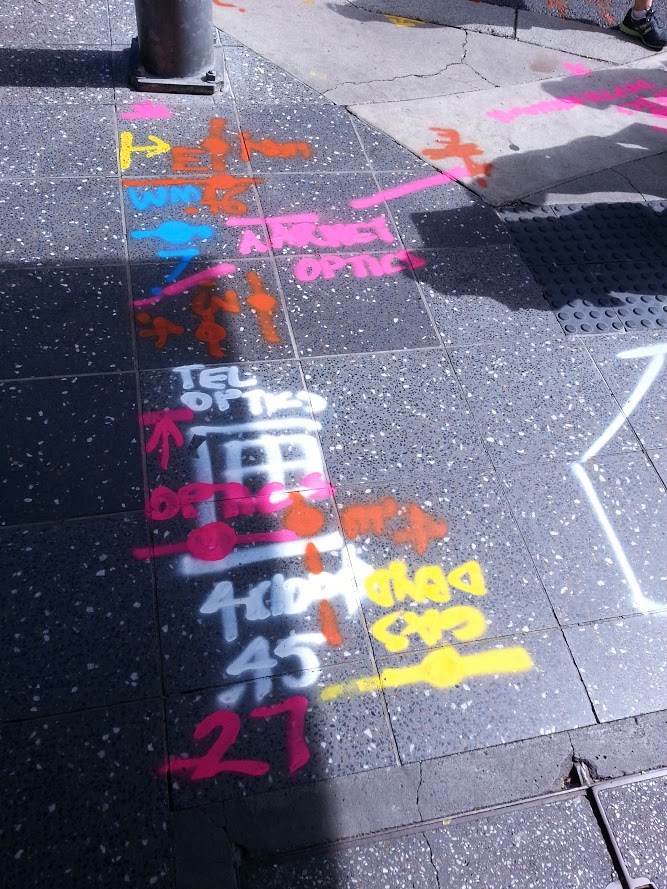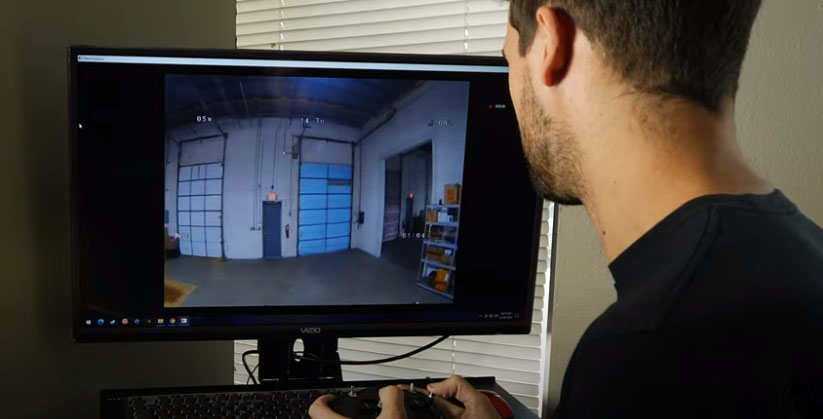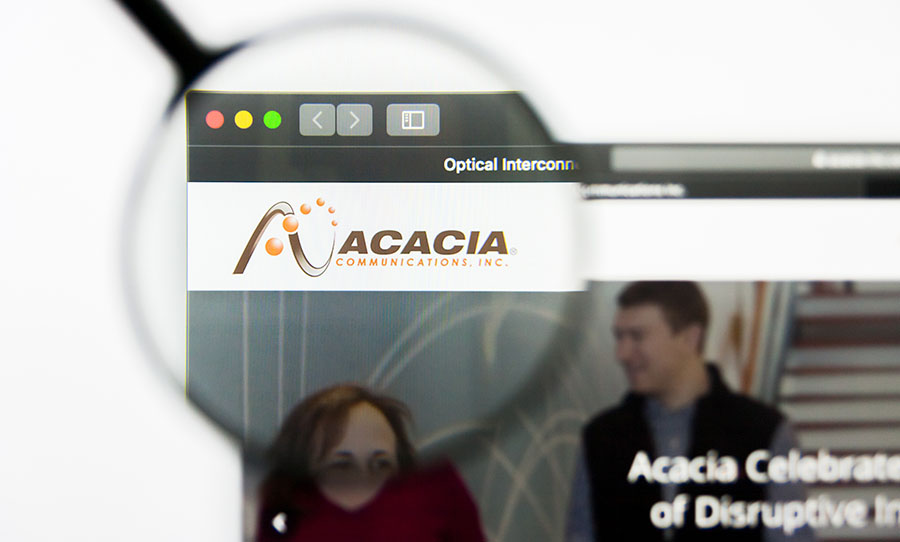Tailwinds Research (TW): Mobility-as-a-Service (MaaS) is in its very early stages, however forecasts show this growing to a $300+ billion market over the next decade. How do you see the market evolving and how does HyreCar (HYRE:NASDAQ) fit in? How big is your addressable market?
HyreCar CEO Joseph Furnari (HC): MaaS is linked to the development and evolution of the Vehicle as a Service market we know today, which includes ridesharing and carsharing. HyreCar fits into the current market by providing vehicles to rideshare drivers who needed a qualified car to drive for Uber or Lyft that met the insurance requirements as well. HyreCar provides revenue to owners and drivers alike through this platform. Currently the ridesharing market is estimated to grow to $84 billion GMV by 2023 and estimate that HyreCar could control a substantial portion of this market. Uber has an estimated 1 million drivers growing at a 25% annual rate, on-boarding more than 50,000 drivers per month (of which 40% need a qualifying car they currently do not have access to). MaaS will evolve from this market and HyreCar is at the forefront with its vision to provide intermodal mobility and customized mobility based on individual demand.
Also, in the future, we see a very integral role for current automotive retailers in MaaS, and HyreCar, through its integration with DriveItAway, is in the forefront in bringing this profitable area of MaaS to car dealers, providing temporary vehicles to new rideshare drivers, as a "path to ownership."
TW: HyreCar was originally founded as a peer to peer platform; how do you see that evolving as the company as the rideshare sector grows and matures?
HC: We have already adapted by transitioning from not only a peer-to-peer platform but also a business-to-individual platform. Before this, we had ample demand for vehicles but lacked supply. By tapping into the institutional and automotive retailer areas of the market we are able to partner and provide a much higher volume of cars for the ridesharing market.
We believe that automotive retailers today—franchise and independent car dealers—have a unique advantage in "getting in the game" supplying appropriate vehicles on our platform to new rideshare drivers. They have the lowest cost to supply and service these vehicles, and, unlike individuals, can supply these vehicles in high volume all over the United States. Finally, as the platform that introduces and facilitates dealers' entrance into this emerging MaaS market, we can develop the breadth and loyalty to connect all franchise and independent dealers to this demand in a way no other organization has done to date, unleashing a truly powerful force in this market.
TW: You recently announced the DriveItAway relationship. Can you help investors better understand how the association with dealers is beneficial to HyreCar? What has receptivity been like from dealers and will we hear more about this in the near future?
HC: There are currently approximately 17,000 franchise dealers and 40,000 independent dealers dispersed in every market in the United States. These retailers, with hundreds of thousands of appropriate vehicles that would serve as perfect supply to our rideshare driver demand, represent a dynamic opportunity to scale our offering rapidly, while helping to further the development of both the traditional and emerging transportation institutions by being the national platform that networks the two together.
DriveItAway, and its long-time dealer advocate, John Possumato, has done a good job introducing to dealers the multiple benefits of entering the MaaS market by supplying vehicles to rideshare drivers, with first of its kind workshops at major national industry events such as the National Automobile Dealers Association Convention and the National Independent Automobile Dealers Association, and many trade press feature articles. The reception of dealers to this introduction is overwhelmingly positive (see a featured video by NIADA), so pairing up HyreCar's platform and infrastructure with DriveItAway's dealer interest and almost unlimited vehicle supply seemed natural to allow HyreCar to be the volume player that matches "almost unlimited supply with high volume, geographically dispersed demand."
Car dealers win, with new utilization of their vehicle asset and management expertise; ridesharing companies win, as with our network we can provide vehicles to drivers everywhere, anywhere and in whatever volume is required; and, most importantly, ride drivers win, in that, in addition to providing a temporary vehicle, dealers can provide a "path to ownership" for them through ridesharing driving in a vehicle supplied on HyreCar, as we work with dealers with programs such as DriveItAway's "Drive for Your Down Payment," which facilitates the process for drivers to purchase a vehicle, regardless of credit history or initial down payment money available.
A recent automotive trade article reported that Cox Automotive is setting up a whole new mobility division focused on MaaS, and that an internal memo of Cox indicated that it expected this area of emerging mobility will dwarf their enormous Manheim auction business within the decade. We also believe the dealers' entrance in this market is a massive opportunity for all parties, and are proud to lead the way with our DriveItAway initiatives.
As stated in the previous question, by associating with dealerships and OEMs we are accessing a whole new number of vehicles that was not possible in the peer-to-peer market. This gives us the ability to scale and meet the demand that is coming from the rideshare market currently and growing into the future, thus increasing our operations and revenue. Reception from dealers is positive because our turnkey platform allows them to access MaaS with declining ownership rates being a trend. Our partnership with dealers gives them access to not only the MaaS market but also lets them rent their idle fleet assets and generate a passive income. This can also boost vehicle sales for them by increasing dealership visits and through programs like DriveItAway's "Lyft your down payment."
TW: GM recently announced that owners of GM cars could lease them through Maven. How does this compare with HyreCar?
HC: First, Maven offers car rental to individuals to compete with standard car rental service companies. This is done through car sharing similar to HyreCar. It includes fuel and insurance and is pay-as you go with hourly and daily rates. MavenGig provides cars to the rideshare industry that includes unlimited miles, maintenance, insurance (less deductible) and roadside assistance. Rates start at $199 a week plus taxes and fees. This service is only available in eight cities and Washington D.C. so Maven Gig has less of a footprint in the rideshare carsharing market as we operate in 35 states and D.C.
Also, as an institutional supplier, MavenGig currently does not open this opportunity up to car dealers, as we now do with our institutional initiative, though a GM sponsored company. Ironically enough, only HyreCar, through DriveItAway, provides a dealer a way to unleash the power of its ability to provide both temporary vehicles and provide a driver a smooth "path to ownership" for those who want to work toward owning their own rideshare vehicle (or fleet of vehicles).
TW: Part of your competitive advantage is in your proprietary insurance offering. Do you think this is a defensible moat and is there an opportunity to expand that offering?
HC: We believe our peer to peer insurance offering is like no other on the market. We have a product from the number one insurance underwriter for taxi and limousine policies. What is unique from other products is that our insurance has the ability to be switched on and off with the push of a button. This allows our insurance to be active only when necessary and turn of when rideshare driver is covered under Uber or Lyft's policy, which is 87% of the time. The key part of our insurance is the technology behind it and we have an exclusive agreement for three years with the individual who set up our policy and our underwriter, AIG. We have an economic moat into the foreseeable future with duplication needing to have another insurer replicating this policy without backing of actuarial data. It would take six to nine months to replicate and another two years to scale something similar to our insurance.
With DriveItAway and the dealer side of the business, we have the institutional insurance leader as our supplier, Assurant, that currently is the provider for many large OEM and institutional led subscription services and MaaS initiatives.
TW: Right now Uber and Lyft drivers can rent cars through HyreCar. How is your relationship with them? Do you see them ever looking to compete with HyreCar?
HC: No, we do not see them as competing with us in the future. On the contrary we provide drivers and vehicles to Uber and Lyft, not just cars to rideshare drivers. So the market is mutually beneficial to both HyreCar and Uber/Lyft. We are the #1 independent activator of Lyft drivers in the U.S. and are an official Lyft partner. We see the biggest opportunity for both HyreCar and ridesharing companies being a partnership or cooperation between businesses. By using our platform for ridesharing Uber/Lyft are able to bring in more drivers per month and grow business where not possible before (through individuals without cars that want to drive).
TW: What happens when self-driving cars become prevalent? How does HyreCar thrive in that environment?
HC: We see our platform as adaptable, looking into the risk of autonomous fleets shows that in 2020 we will see a roll-out of self-driving fleets from Waymo and Uber but this is a small amount compared to the full Uber fleet. The cars are also limited to 20-30 mph and routes are pre-restricted. We have a vision of HyreCar as an autonomous vehicle fleet holder in the future with our platform that we can easily pivot given we are a technology company. This will then potentially lead into us being our own Transportation Network Company. Essentially we have a greenfield business model for the next 5–10 years and can pivot our model to be on the cutting edge of the industry when needed.
Daniel Carlson is the founder and managing member of Tailwinds Research Group and its parent company DFC Advisory Services, which is a licensed registered investment advisor (CRD # 297209). Tailwinds is a microcap focused research company that provides research on and consults to over 20 emerging growth companies in the technology and life sciences arenas. DFC Advisory Services is an RIA that manages money dedicated to investing in the companies covered by Tailwinds. For more information on these two companies and their track record, please see www.tailwindsresearch.com. Prior to founding these two entities, Dan spent many years working with small public companies, having been CFO of two public companies and helping finance many others. A 1989 graduate from Tufts University with a degree in Economics, Dan’s formative years in business were spent as an equity trader, first on the Pacific Coast Stock Exchange then on the buyside at several multi-billion dollar firms.
This article was submitted by Tailwinds Research. For more information on Tailwinds Research or on HyreCar, please visit www.tailwindsresearch.com.
Tailwinds is engaged by HyreCar and owns stock in the company. For a complete list of disclosures, please click here.
[NLINSERT]Disclosure:
1) Daniel Carlson: I, or members of my immediate household or family, own shares of the following companies mentioned in this article: HyreCar. I personally am, or members of my immediate household or family are, paid by the following companies mentioned in this article: None. My company has a financial relationship with the following companies referred to in this article: HyreCar. Additional disclosures and disclaimers are above. I determined which companies would be included in this article based on my research and understanding of the sector.
2) The following companies mentioned in this article are billboard sponsors of Streetwise Reports: None. Click here for important disclosures about sponsor fees. The information provided above is for informational purposes only and is not a recommendation to buy or sell any security.
3) Statements and opinions expressed are the opinions of the author and not of Streetwise Reports or its officers. The author is wholly responsible for the validity of the statements. The author was not paid by Streetwise Reports for this article. Streetwise Reports was not paid by the author to publish or syndicate this article. Streetwise Reports requires contributing authors to disclose any shareholdings in, or economic relationships with, companies that they write about. Streetwise Reports relies upon the authors to accurately provide this information and Streetwise Reports has no means of verifying its accuracy.
4) This article does not constitute investment advice. Each reader is encouraged to consult with his or her individual financial professional and any action a reader takes as a result of information presented here is his or her own responsibility. By opening this page, each reader accepts and agrees to Streetwise Reports' terms of use and full legal disclaimer. This article is not a solicitation for investment. Streetwise Reports does not render general or specific investment advice and the information on Streetwise Reports should not be considered a recommendation to buy or sell any security. Streetwise Reports does not endorse or recommend the business, products, services or securities of any company mentioned on Streetwise Reports.
5) From time to time, Streetwise Reports LLC and its directors, officers, employees or members of their families, as well as persons interviewed for articles and interviews on the site, may have a long or short position in securities mentioned. Directors, officers, employees or members of their immediate families are prohibited from making purchases and/or sales of those securities in the open market or otherwise from the time of the interview or the decision to write an article, until one week after the publication of the interview or article.



